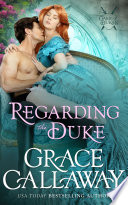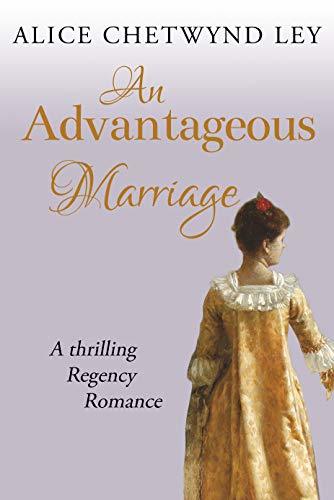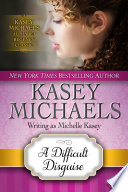Regency Reader Question
Why do you say Georgette Heyer is infamous (for making up slang terms to trip up plagiarists)? It’s very pejorative. You could use well-known as a neutral term, I don’t think it’s wicked or rephrehensible to want to catch out plagiarists.
| Source of Question | Just curious |
| Additional comments |
Thanks for the question, Penelope!
Language is so interesting. In my reviews, I often note how differently books/words will hit for different readers. In this case, Penelope is referring to the Regency Lingo page where I write this:
“The terms below taken from several primary sources as well as other reputable dictionaries, so they are definitely not any of the infamous Heyerisms or when they are thought to be, we call it out.”
Heyer was a consummate historian; “Heyer was truly interested in getting her historical details right, had “her own […] library of about 1000 historical books” (Byatt, “The Ferocious” 300) and only occasionally made mistakes” (Vivanco, 2013). This breadth and depth of knowledge meant that she, unlike future writers, had the basis for easily distinguishing between creative license with language and language that was more consistent with historical usage. She deliberately made up words in order to catch out other authors from cribbing from her books as if they were source material.
The biggest offender and main target, in Heyer’s own estimation, was Barbara Cartland, who after an analysis of three books Heyer found “over forty period phrases that were present in Heyer’s novels” that could be found in no other readily available books (Morris, 2020). Heyer had a solicitor draft a letter to Cartland, which was ignored, and Heyer was interested in pursuing damages, if only to be recompensed for having “wasted much time, caused much annoyance, and spent money on buying copies of her works” (Morris, 2020).
Its a fascinating tale with Heyer an avenging warrior against plagiarism. All good, no shade for her staunch defense of her own work and detailed knowledge of the era.
Heyerisms, on the other hand, have a more complicated history. Language has a life of its own, and nowhere is this more apparent than in looking at many of the Heyerisms that have survived and continue to be perpetuated today. Their lives have exceeded the life of their author, so that they exist separate from the original intent of their author.
The Regency Lingo page is consistently and collectively the most popular page on this website. Searches, links, and other data suggest that many readers and writers are looking for an accurate resource to understand era appropriate slang. In those of us particularly interested in Regency era history and language, Heyerisms have taken on a meaning that goes beyond their original intent. This is the source of the negative association and why I used the term “infamous.” Heyerisms are still, even today, catching out authors for not doing thorough research into the terms they use — but its typically not because they were directly lifting from Heyer’s books, as may have been the case with Cartland, but instead finding it in the cannon of Regency Romance that gets repeated. For those “in the know”, these terms are notorious – well known for negative reasons, because they have taken a life of their own and been perpetuated over the decades. In other words, its the words themselves rather than Heyer that are infamous and the problem.
I did, in another post (Regency Reader Question: Turnip as an Insult – Regency Reader (regrom.com)) call Heyer infamous for inventing her own words, and for that I feel rightfully chastised and have updated the post. I obviously was not being deliberate, in that instance, with my choice of words whereas on the Regency Lingo page, I very much am.
I always invite debate and critique in my comments, or you too can send me a note or question via the Reader ? function.
What do you do with a problem like Georgette Heyer? – Patrice Sarath
Georgette Heyer decries plagiarism with her rapier wit | Romance books | The Guardian
Plagiarism in Regency Romance – UNSUITABLE (duke.edu)
Vivanco, Laura. (2013)”Georgette Heyer: The Nonesuch of Regency Romance.” Journal of Popular Romance Studies .
Warner, C. R. (2010). Heyer’s heroes: An investigation into Georgette Heyer and her literary’mark’on the Regency hero (Doctoral dissertation, The University of Waikato).
Zille, T. (2021). Georgette Heyer and the language of the historical novel. In S. J. Rayner & K. Wilkins (Eds.), Georgette Heyer, History and Historical Fiction (pp. 187–212). UCL Press. https://doi.org/10.2307/j.ctv15d818n.16









